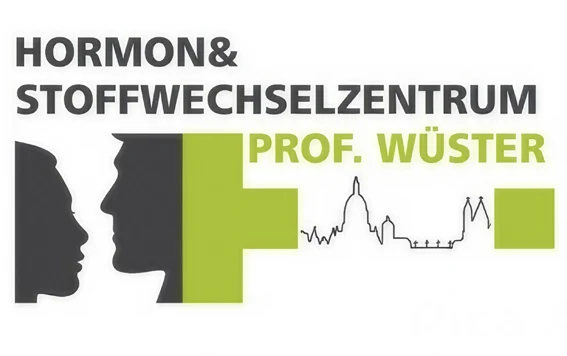Endocrinology in Mainz: Menopause or the thyroid?
An overactive thyroid can promote the development of osteoporosis
Women should have their thyroid function checked regularly, especially during the menopause. Thyroid disorders can cause very similar symptoms and complaints to the menopause. They can also influence the effects. An interview with Prof Dr Christian Wüster, a practising endocrinologist in Mainz.
Question: Menopause or thyroid gland? Can I find out for myself where the causes of my symptoms lie?
Prof Dr Wüster: Screening examinations from around the age of 45 help to detect thyroid dysfunction in good time. Basically, it can be said that thyroid disorders trigger menopausal symptoms. The symptoms are confusingly similar. And they can influence each other. In addition, thyroid disorders can occur with the hormonal changes in the female body.
Question: What symptoms can be expected in connection with the thyroid and menopause?
Prof Dr Wüster: The main symptoms are hot flushes, sleep disorders, inner restlessness, nervousness, depression, cardiovascular disorders and digestive problems. These symptoms can be caused both by the menopause and by thyroid dysfunction. As many of my patients in my practice in Mainz tell me, symptoms such as freezing, reduced sex drive or weight gain can also occur.
Only a comprehensive diagnosis by an endocrinologist can provide clarity. This is because the cause of the symptoms must be determined precisely.
Question: How can a malfunction of the thyroid gland be diagnosed?
Prof. Dr. Wüster: The procedure is largely standardised in my practice in Mainz. Determining the thyroid hormones in the blood helps to quickly dispel any doubts. Based on the laboratory values, it is very easy to differentiate what is causing the symptoms. The hormones TSH, fT3 and fT4 are determined first in order to investigate a functional disorder of the thyroid gland. These are supplemented by the determination of TPO antibodies and the thyroglobulin antibody, which provides indications of the autoimmune disease Hashimoto’s thyroiditis.
Question: How do you get an overall picture of the thyroid gland before starting treatment?
In addition to the medical history and laboratory values, an ultrasound examination provides a good picture of the disease. A therapy can be developed on the basis of these findings. The individual circumstances play an important role in this. For me, it is always about alleviating symptoms but also avoiding side effects as far as possible. Patients are treated in my practice in Mainz. Not just laboratory values.
Picture: © Peter Atkins/Fotolia

